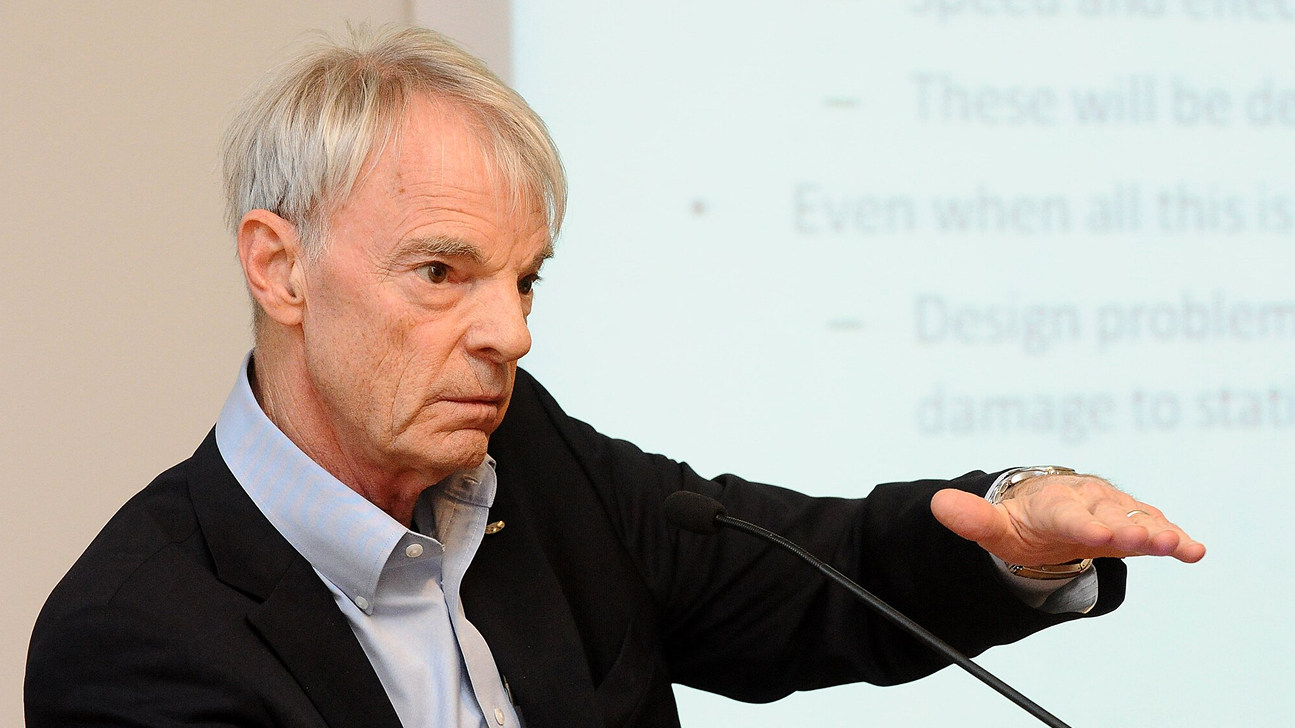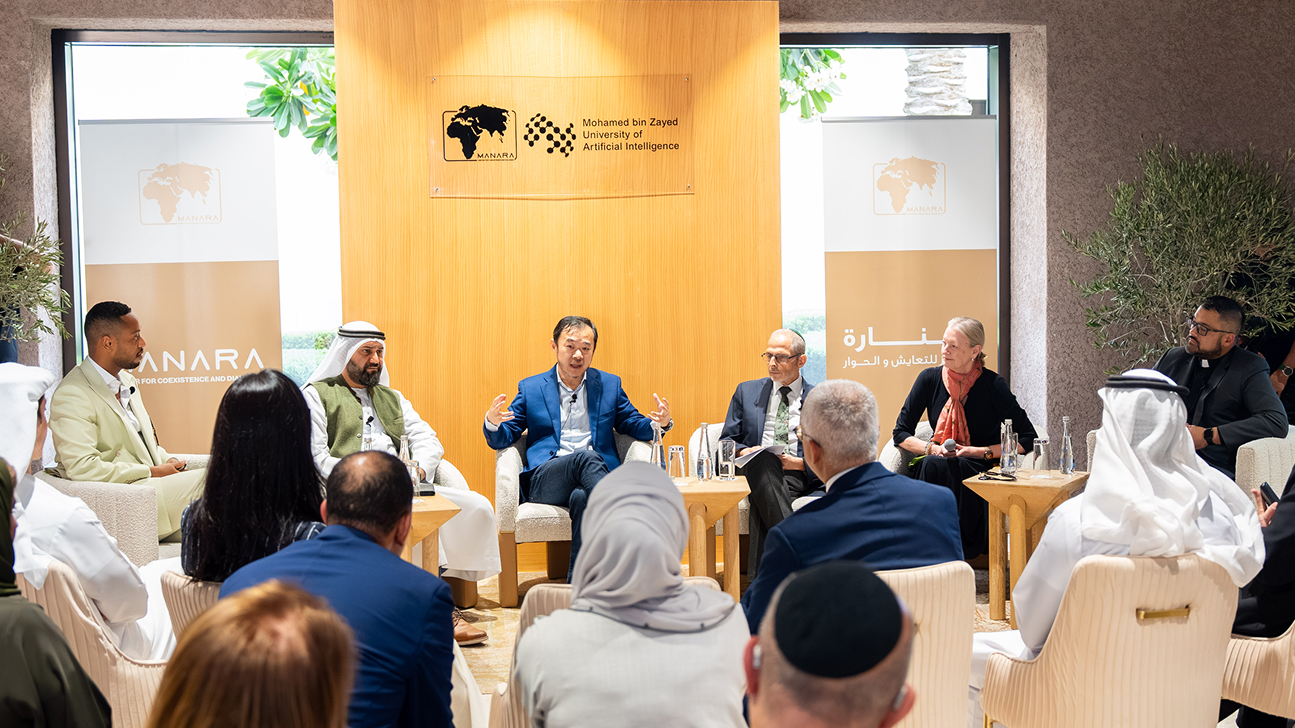Multimodal single-cell atlas for ancestry-based diversity of immune system
Thursday, January 25, 2024
People are geneticaly diverse, and this diversity influences many aspects of human bodies as well as disease mechanisms, diagnoses, and treatments. Present-day technologies allows profiling molecular mechanisms of a single cell making it possible to investigate molecular mechanisms at unprecedented detail, resolution and breadth. Multiple atlases of all human organs and tissues at a single cell level have been created over last few years. Still, the genetic divercity is often missing and the majority of the current research is focused on individuals of European ancestry. To fully benefit from biomedical and genomics research and to translate our fundamental biological knowledge into an everyday medical practice, the research should be broadened to cover all forms of diversity, including ancestry, sex, age, geography, environment, and lifestyle. Here I will be talking about the Russian Immune Diversity Atlas, I am leading. Our project is focused on profiling immune cells from people of different ancestry at a large-scale multiomics level aiming to reconstruct the reference atlas of healthy immune system and investigate its perturbations in Type II Diabetes (T2D), a disease of high prevalence in develloped countries. The project aims at identifying novel mechanisms as well as genetic and epigenetic markers for early diagnostics, prognosis and therapy of T2D. Our analyses willl provide novel insights into potential drivers of T2D and its complications contributing to personalized disease prevention and treatment plans. Our project is a part of an international Asian Immune Diversity Atlas and Human Cell Atlas (https://www.humancellatlas.org/).
Post Talk Link: Click Here
Passcode: UG#Vj@4z
Speaker/s
Yulia Medvedeva is a Group Leader at the Research Institute of Biotechnology, Russian Academy of Science, and at the Endocrinology Research Center. Her team has a multi-disciplinary background consists of computational and experimental biologists. Her group has extensive experience in analysing multiomics high-throughput data. Her research is focused on Regulatory Genomics and Epigenomics in health and disease. Her aim is to translate our understading of genetic, epigenetic and other molecular mechanisms into personalized medicine approaches based on large-scaled multiomics data from human cohorts of diverse ancestry. Yullia Medvedeva published over 60 papers. She participated in the development of bioinformatics tools and databases, such as Genometricorr (http://genometricorr.sourceforge.net/) HOCOMOCO (http://autosome.ru/HOCOMOCO/), containing high-fidelity models of transcription factors for regulatory genomics, and EpiFactors (http://epifactors.autosome.ru), containing information about epigenetic regulators. Over last 5 years she also teaches OMICS data analysis to Master’s and PhD students at Moscow Istitute of Physics and Technology. Education and work: Yulia got a Specialist degree from Lomonosov Moscow State University, Russia, at 2003. She got her PhD in computational molecular biology from State Research Institute of Genetics and Selection of Industrial Microorganisms, Russia, in 2010. Later, she worked as a Postdoc at King Abdullah University of Science and Technology, Saudi Arabia, and at the Institute of the Predictive and Persinalized Medicicne of Cancer, Spain.
Related
Nobel Laureate Michael Spence on how AI is redefining the global economy
Nobel Prize-winning economist Michael Spence explains how AI is reshaping the economic landscape and what is needed.....
- digital policy ,
- governance ,
- Nobel Prize ,
- guest talk ,
- guest lecture ,
- economics ,
- Economy ,
- Undergraduate ,
Understanding faith in the age of AI
MBZUAI hosted a panel discussion in collaboration with the Manara Center for Coexistence and Dialogue focused on.....
- connection ,
- discussion ,
- religion ,
- spirituality ,
- faith ,
- conversation ,
- panel ,
- Human–computer interaction ,

